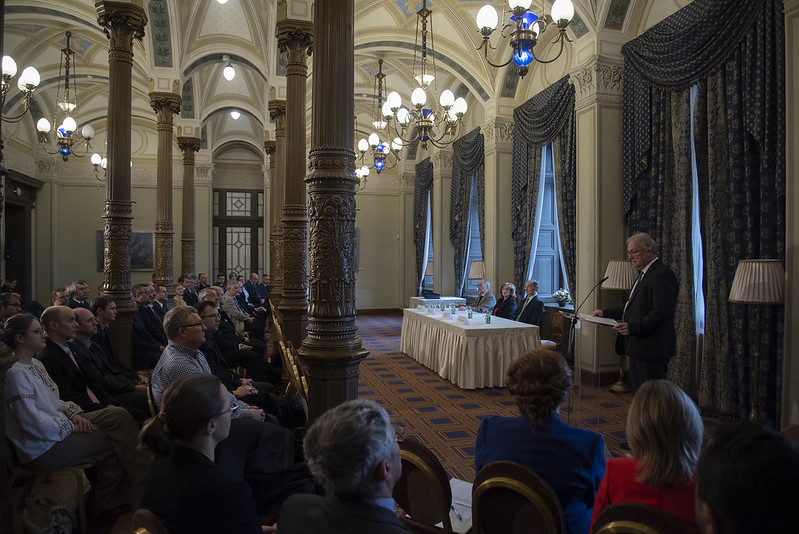Several HUN-REN Researchers Elected As Non-academician Members of the Hungarian Academy of Sciences General Assembly
According to the Act on the Hungarian Academy of Sciences (HAS), the General Assembly is composed of members of the Academy and non-academician representatives from Hungary. In 2025, several researchers from HUN-REN institutes were among those who received their letters of appointment.
The non-academician representatives to the General Assembly are elected by the non-academician members of the Public Body for a three-year term. After this period, representatives may be re-elected once, the HAS noted in connection with the 2025 event. Of the 200 seats available for non-academician representatives, 143 are distributed equally among the scientific sections, while the remaining 57 are allocated in proportion to the number of non-academician Public Body members in each section. The newly elected representatives will take office on 1 March 2025.

Photo: mta.hu / Szigeti Tamás
In 2025, three researchers from the HUN-REN Institute for Computer Science and Control (HUN-REN SZTAKI) were elected, along with researchers from several other institutions, including the HUN-REN Institute of Earth Physics and Space Science (HUN-REN EPSS), the HUN-REN Centre for Agricultural Research (HUN-REN CAR), the HUN-REN Hungarian Research Centre for Linguistics (HUN-REN NYTK), the HUN-REN Centre for Ecological Research (HUN-REN CER), the HUN-REN Institute for Nuclear Research (HUN-REN ATOMKI), and the HUN-REN Research Centre for Natural Sciences (HUN-REN RCNS).
The full list of elected non-academician representatives, organised by scientific section and committee, is available here.

